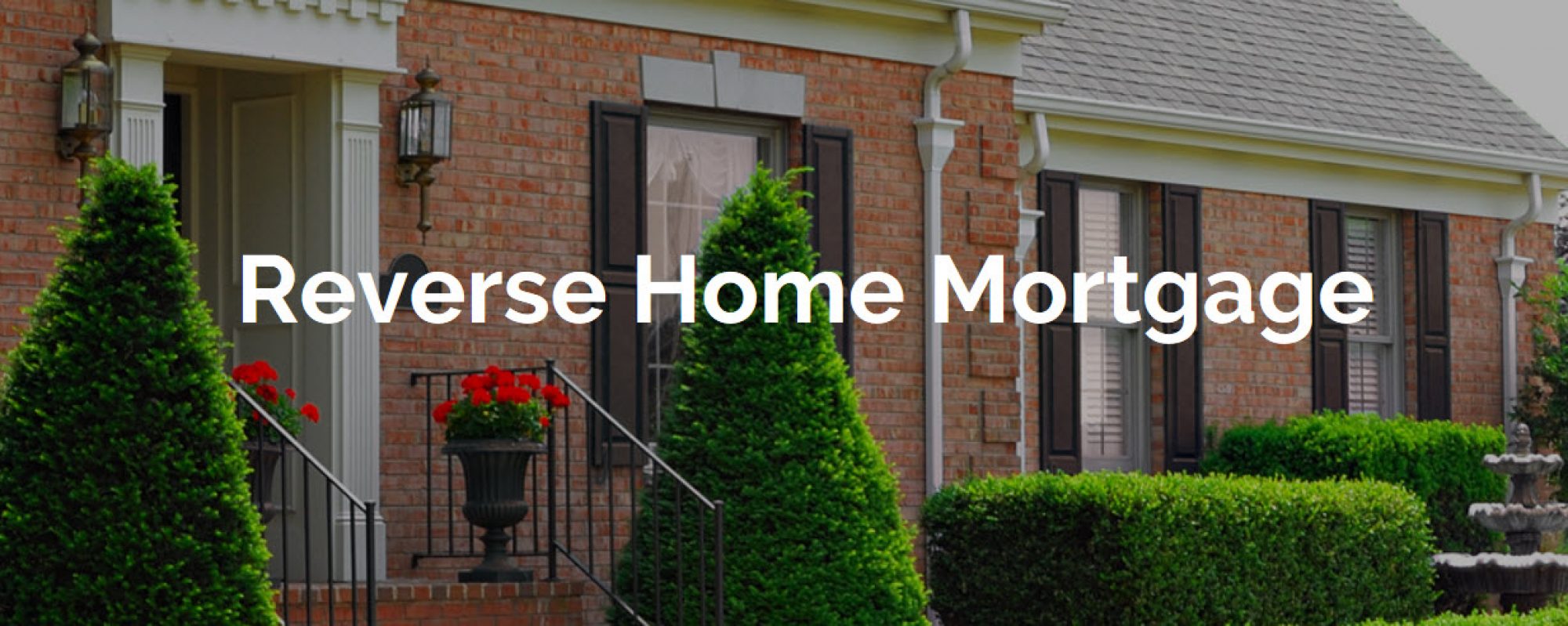Laurie MacNaughton 11|2013
The numbers are compelling: according to the National Association of Realtors, last year over 26% of homes were sold to homebuyers over the age of 50. And as the peak bulge of the boomer generation approaches, this number is expected to rise dramatically until it makes up the largest homebuyer market in American history.
But here’s the thing: it’s this same cohort that has had the toughest time saving adequately for retirement. Many people automatically assume this group has been spendthrifty, careless about planning, poor at saving, in denial about aging, and overly optimistic about retirement costs. And to some extent this is true, especially if they are compared against their own parents, the highly thrifty members of the Greatest Generation.
However, there are many untold sides to this story. First, the boomer cohort was disproportionately hit by the Great Recession. Though fewer of those aged 50-62 lost their jobs than did 20-somethings, if laid off, older workers experienced a dramatically longer period of unemployment. As they are hired back, often it is for lower wages than they earned at their previous job. Further complicating their financials is that many in this group still have children at home – or in college.
But the really pricy bill comes due when boomers care for their aging parents. By the time most people are in their 60s, their parents are in their late 80s or early 90s. In many cases the parents long ago depleted their own savings and assets, and now look to their aging children for support. It is this multifaceted convergence of events that causes an almost unwinnable financial challenge.
So with this as a backdrop, a question I commonly get from aging boomers is, “Should we refinance the home we’re in, or should we buy something with less upkeep?”
Obviously I don’t know – but I do have quite a body of knowledge of what others have taken into consideration. Following is a starting point for things to consider:
- Is your existing home safe, including layout and accessibility to bedrooms, bathrooms, kitchen and laundry?
- Is the home the right configuration? How about size?
- Are you able to keep up with the yard and the household maintenance?
- Is the location still right, meaning are you close enough to family so they can check in on you?
- Have traffic patterns gotten dangerous?
- Are you close to doctors, shopping, amenities, recreation, and your house of worship?
- Do you still know your neighbors?
- Will this still be the right house in 10 years? How about in 15?
If you answer a significant number of these “no,” moving might be a logical consideration. However, for anyone who recently has applied for a home loan knows, lending laws and regulations have become akin to invasive surgery. And for those looking to retire, or who have already retired, securing a loan can be very, very difficult.
However, FHA’s seniors’-only HECM for Purchase was specifically designed with the retired – or soon to be retired – buyer in mind. While there are qualifications that must be met, they are not as stringent as those governing “forward” lending.
Another very beneficial element of HECM for Purchase is that you can buy your new home before you have sold your exit home. Not only does this get you into your new home in a timely fashion, but you now have time to market your exit home and wait for the next peak sales season to roll around before selling.
But perhaps best of all, rather than tying up a significant amount of your financial resources in the new house by doing an all-cash purchase, you bring to the table only a percentage of the purchase price, which allows you to keep liquid more of your savings, or more cash from the sale of your exit home.
If you have been thinking about moving and didn’t think it was a realistic possibility, give me a call and let’s talk. You may very well be delighted to learn you have a new home in your future.

